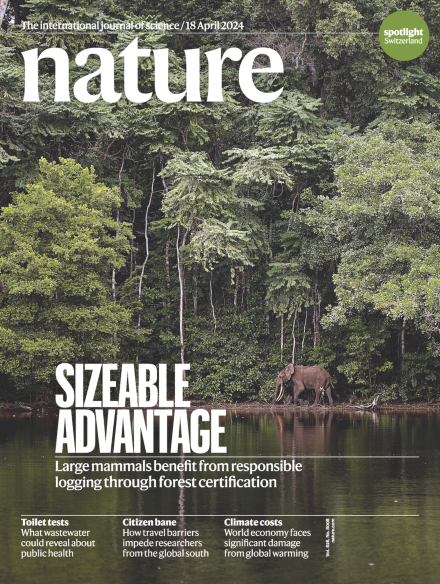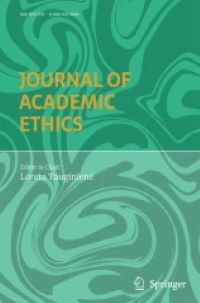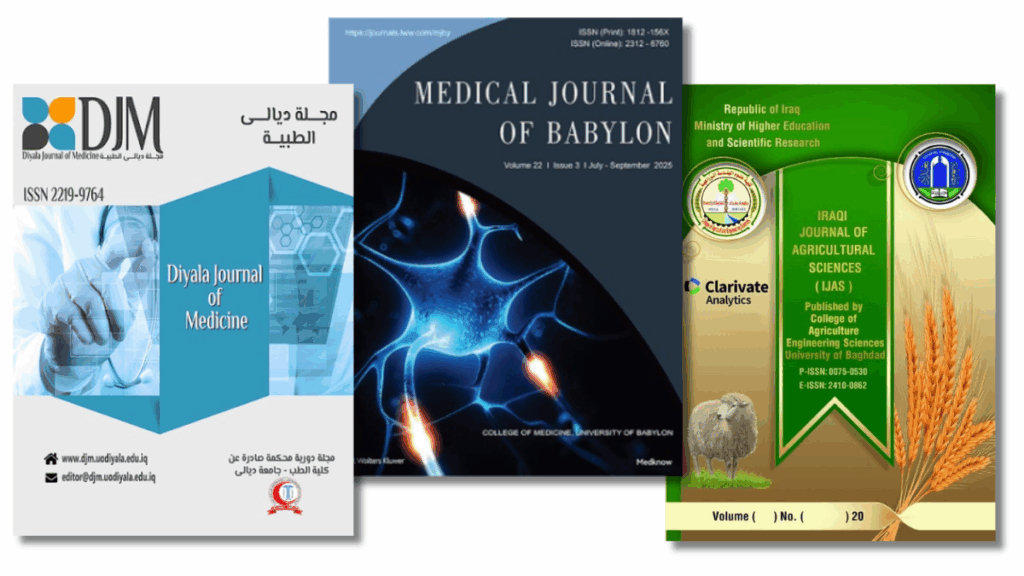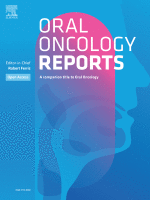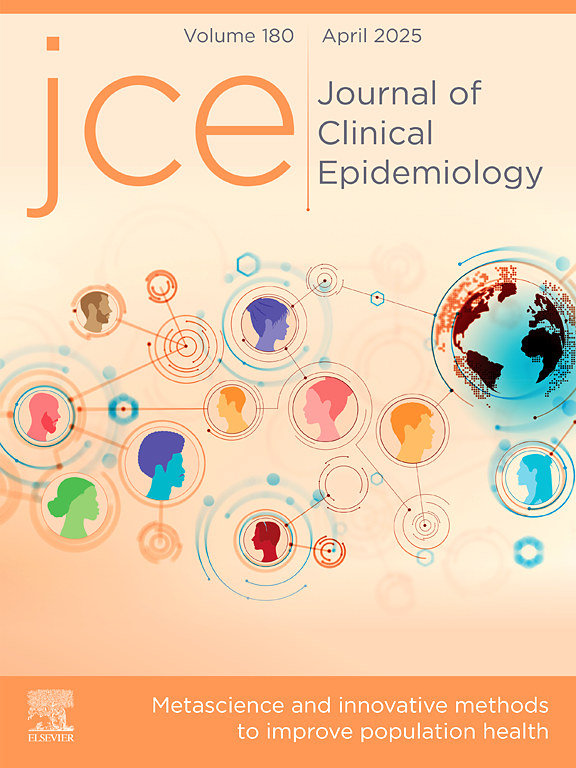The authors of a highly publicized study predicting climate change would cost $38 trillion a year by 2049 have retracted their paper following criticism of the data and methodology, including that the estimate is inflated.
“The economic commitment of climate change,” which appeared April 17, 2024, in Nature, looked at how changes in temperature and precipitation could affect economic growth. Forbes, the San Diego Union-Tribune and other outlets covered the paper, which has been accessed over 300,000 times. It has been cited 168 times, according to Clarivate’s Web of Science.
But after two commentaries published this August raised questions about the study’s data and methodology, the researchers revisited their findings. “The authors acknowledge that these changes are too substantial for a correction,” the retraction notice, published today, states.
Continue reading Authors retract Nature paper projecting high costs of climate change